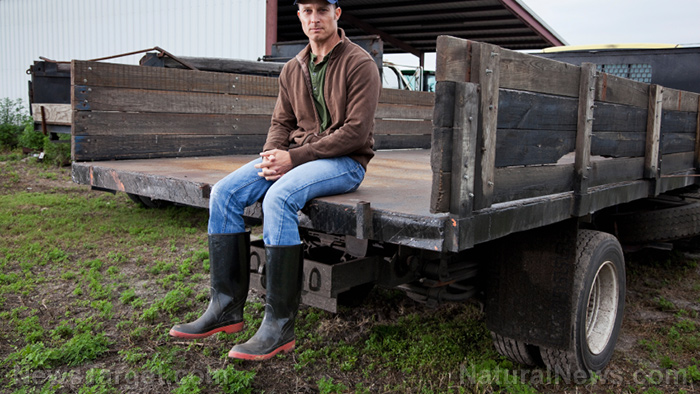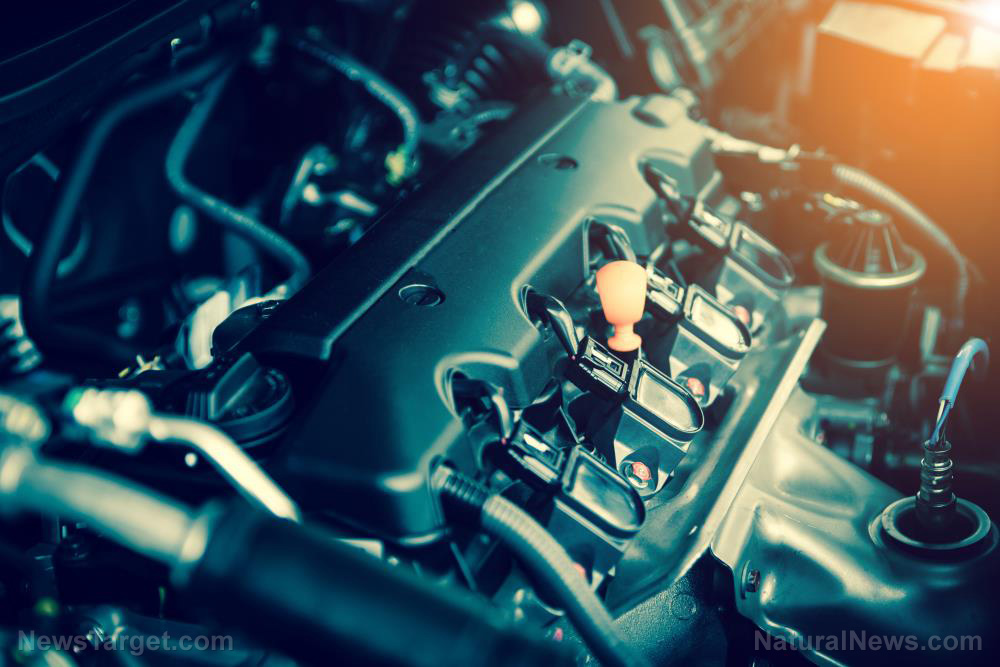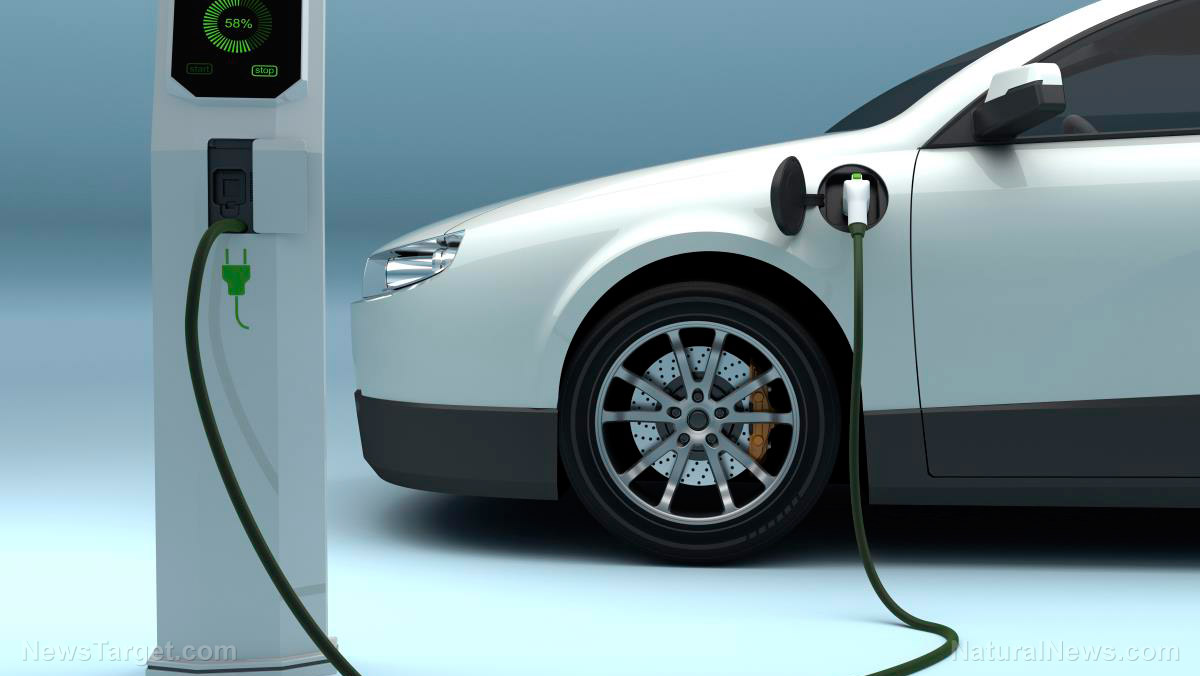
Alan O'Hashi spent more than 15 hours traveling 178 miles in Wyoming from Cheyenne to Casper due to the inadequacy of his electric vehicle (EV). Such a trip should have only taken three hours or less.
O'Hashi, a Wyoming native and current resident of Cheyenne, drives a Nissan Leaf, a cheap hatchback EV that can barely get a driving range of more than 200 miles.
In some of this year's return trips to the Cowboy State, O'Hashi learned that a long road trip with an EV is much different than a similar trip with a traditional gasoline- or diesel-fueled vehicle. (Related: Electric vehicle entrepreneur struggles to find charging station for his car during road trip.)
"It was very difficult," said O'Hashi. "For example, [it took] 15 hours to get from Cheyenne to Casper."
This trip was made in late May. A month later, he was able to get his travel time down to 11 hours. With a regular gas-powered vehicle, this 178-mile trip from Cheyenne to Casper, going the speed limit, should only take two-and-a-half hours.
Limited range, lack of charging stations hamper feasibility of EVs
O'Hashi, an author who has written a book about his experiences driving EVs, noted that the limited range and lack of available charging stations for electric vehicles were the main drawbacks to his long road trips across Wyoming.
He noted that charging an EV is very different from filling up the gas tanks of regular cars. There are three levels of chargers that can power up different types of EVs at different speeds. None of them are as fast as simply filling up a gas tank.
On his first trip to Casper in May, O'Hashi charged up in Wellington, Colorado, with a Level 3 charger at a public charging station. These types of charging stations can power up small EVs like the Nissan Leaf in 10 to 30 minutes, depending on several factors.
But this wasn't enough to get all the way to Casper. After driving just 30 miles to Cheyenne, he had to pull into a Nissan dealership to charge up the Leaf with the store's Level 2 charger. At this level, his EV can only get about 10 miles worth of power for every hour it was hooked up, which means he had to stay at Cheyenne for at least three hours to get the battery back to where it was when he left Wellington.
"What I've learned from driving this thing is patience," said O'Hashi.
Theoretically, the time he spent charging his EV in Cheyenne should have been enough to get him to Casper. But EV drivers, unfortunately, have to deal with a variety of factors that can diminish an EV's range, including hilly terrain, winds and temperature that can degrade ranges by as much as half.
The lack of charging stations also hampers range. There are no Level 3 charging stations between Cheyenne to Casper. He had to stop at Wheatland, 70 miles north of Cheyenne, and plug in his EV at a 220-volt-plug-in at an RV park. When he pulled in, his battery was down to just one percent.
The 15-hour slog to Casper was just the first part of his trip. As he went further north through Wyoming, O'Hashi regularly had to stop at old motels and other accommodations where he could charge his EV using regular plug-ins for fear of draining the battery before getting the next opportunity to charge up, a phenomenon he and other EV owners call "range anxiety."
To really make EVs work in Wyoming, O'Hashi said all the state would need is to build enough charging stations. The state's plan for expanding EV use is to have at least one charging station in a 50-mile radius anywhere in the state.
If stations remain remote, O'Hashi warned that Wyoming will maintain its status as a "pass-through state."
Learn more about electric vehicles at RoboCars.news.
Watch this short clip from electric vehicle entrepreneur Jason Wilde detailing his experience desperately trying to find charging stations for his EV in Montana.
This video is from the Daily Videos channel on Brighteon.com.
More related stories:
Self-driving cars are causing traffic incidents all over San Francisco.
Test finds EV Ford F-15 Lightning has "abysmally bad" towing ability.
EV NIGHTMARE: California grid operator asks electric car owners to avoid charging their vehicles.
Range test finds gas pickup can tow 2,000-lb trailer 2.8 times farther than new electric pickup.
Sources include:
Please contact us for more information.




















